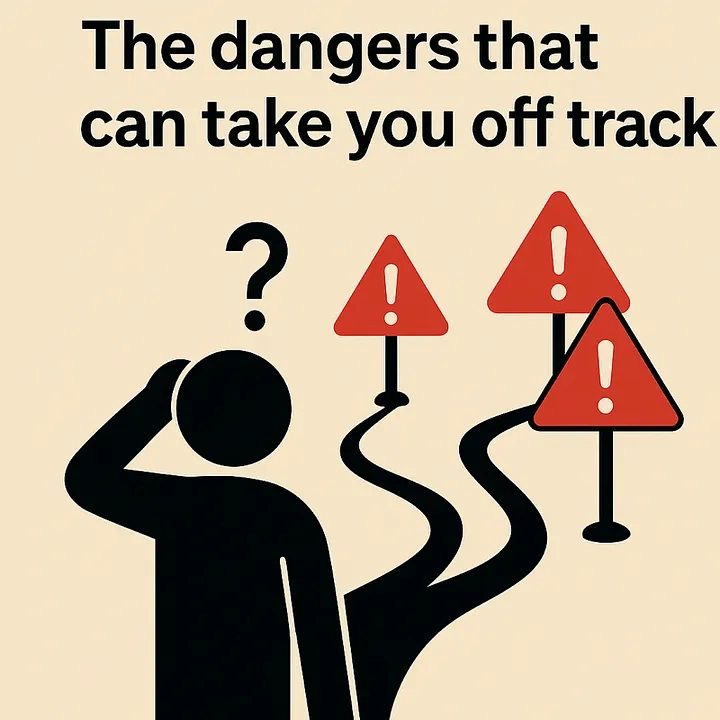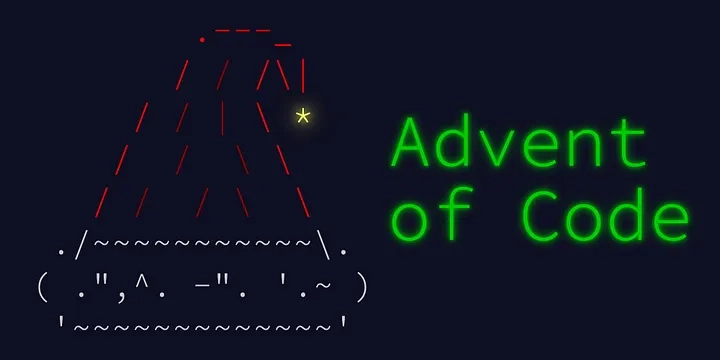How to Stop Getting Lost in Endless Resources and Stay Focused as a Developer
A few years ago, if you didn’t speak English and had no money to buy learning resources, your options for studying technology were very limited. The quality and variety of programming material were scarce, and without someone to guide you, following the path was tough.
Today, with the explosion of information in every language —and even with AI— learning is still a challenge. For beginners without a mentor, it is hard to decide where to start. Choosing which technologies to learn and focus on can have a big impact on your economic future. However, if you are just starting, you can pick from the TOP 10 languages or technologies and go with the one you like the most.
The dangers that can take you off track
Once you start learning one technology, new opportunities, projects, or job offers in others will appear. It is tempting to jump into them because they feel closer or more “real.” But without enough experience, you may not qualify for those roles. And here comes the problem: soon another technology shows up, and then another one, and so on… until you end up chasing many technologies but mastering none.
It’s better to spend that time focusing on one technology, building solid fundamentals, and creating: proof of concepts, personal projects—anything. The key is to create, create, and create. The best way to learn is by doing. Sure, you can use courses, tutorials, or even AI, but the real growth comes when you struggle with challenges. Try to solve a problem by yourself for at least 30 minutes before looking for the answer. That’s how you build your real “neural paths.”
Each time you face a challenge, solve it, and later redo it to see how you improve with more knowledge. That reflection will show your progress. You can also follow role models that inspire you. For me, ThePrimeAgen is a reference, and he recommends Advent of Code to practice solving problems in the language you are learning.
If you already understand the basics of a paradigm like OOP (Object-Oriented Programming) or FP (Functional Programming), you can apply them in another language. For example:
If you learned OOP in Java and now want to learn C#, you can start with basics like:
- How to create a project in C#
- How to write to the console
- How to read variables from the console
- How to read files in C#
- Etc.
This way, you transfer what you already know (problem-solving) but only change the syntax. Platforms like Hackerrank are also great to solve the same problem in different languages and learn from other people’s solutions.
The key: “Consistency and commitment”
We have all faced the “course overload crisis.” The key is to track your progress and finish what you start. Consistency is the word.
You can use Notion to log your study sessions and Google Calendar to reserve short slots of 20–30 minutes. Practice small exercises, repeat old ones, and apply techniques like Active Recall.
Summary
Steps to make your learning effective:
- Consistency: study at least 30 minutes a day.
- Track your progress with a habit tool (Notion, Google Calendar, Todoist, TickTick).
- Take both digital and handwritten notes (a tablet or iPad helps combine them).
- Use spaced repetition with Anki to build your own flashcards.
- Prepare for low-motivation days: have simple exercises or cards ready.
- Reward yourself when you achieve milestones.
I hope these tips help you.


